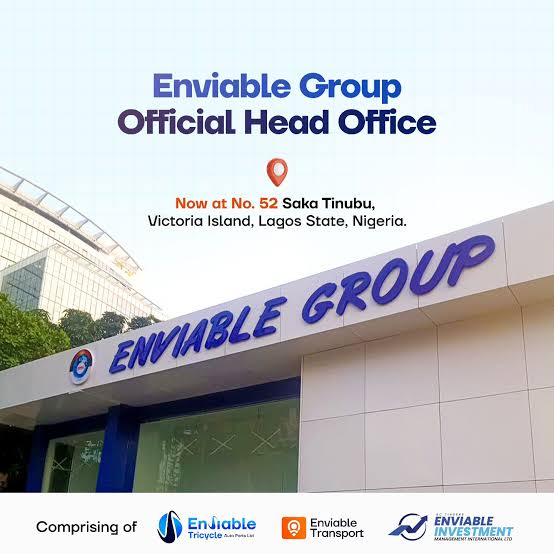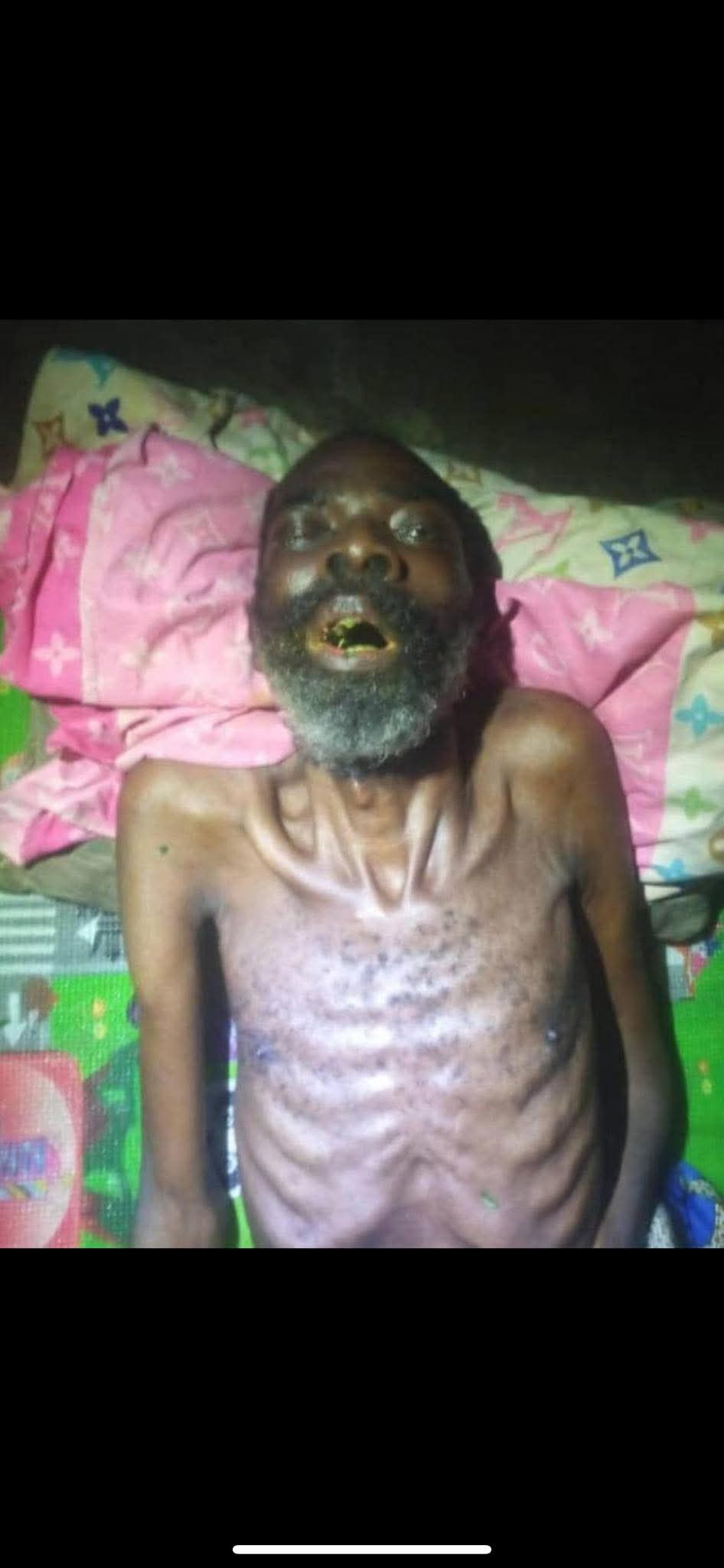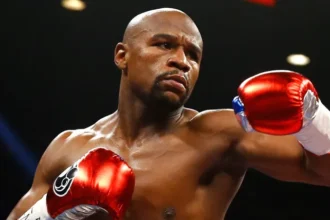
Veteran Nollywood actor Duro Michael has passed away after reportedly battling a long-term illness, sources say. The news of his death has sparked an outpouring of grief across the film community and among fans.
Reports of His Illness and Passing
According to reports, Duro Michael had been bedridden for several months prior to his death, grappling with serious health complications. Some insiders say he had been fighting complications from diabetes, which worsened over time and led to critical health challenges. One social media post states that he underwent an amputation due to complications related to diabetes.
The exact date and cause of death remain undisclosed, though reports suggest he died a few days ago. His passing was first publicly confirmed by Nollywood producer Stanley Ontop, who mourned his departure in an emotional post and lamented the lack of support systems for actors in the industry. ling a terminal illness… may his soul rest in peace,” Ontop wrote.
He also criticized what he described as the insufficient solidarity and care among colleagues, writing, “We no dey help ourselves in this Nollywood … No synergy.”
As news spread, fans, colleagues, and industry watchers flooded social media with tributes. Many expressed sorrow that an actor of his caliber would suffer alone in illness, and others called on the Nollywood community to do more to support its members in times of need.
Legacy and Contributions
While biographical details about Duro Michael’s early life are scarce in public records, he was widely recognised as a veteran actor who had contributed significantly to the Nigerian film industry.
Over the years, Michael played diverse roles across genres, appearing in movies such as Issakaba, Ukwa, Tears and Sorrows, Nothing for Nothing, and Breaking Heart among others.
His versatility allowed him to inhabit characters ranging from community men, native doctors, to more modern roles—a breadth that earned him respect among peers and audiences.
In many of his roles, Michael was celebrated for his understated performances and ability to bring authenticity to supporting characters—often enriching storylines with depth and nuance. His presence in a film often signified a steadiness that balanced out lead performances.
Reaction from the Nollywood Community
As the news reverberated, tributes poured in:
-
Some fans lamented that despite his contributions, he died in hardship, with one user questioning why actors are not better supported: “He died poor; they don’t give them jobs.”
-
Others remembered him fondly and expressed shock at how quickly the news came.
-
Industry voices echoed calls for better welfare schemes for veteran actors. The recurring theme was the need for solidarity and institutional support in Nollywood.
Michael becomes yet another reminder of the fragile line many actors walk in their later years—contributing richly to cultural life but sometimes lacking the safety nets that come with fame.
Broader Concerns: Welfare, Support, and Structures
The death of Duro Michael has reignited conversations about how Nollywood treats its veterans, especially those who no longer command blockbuster salaries but whose legacies remain important.
Film producers and guilds have long been advocated by observers to pay more attention to the welfare of actors outside the limelight. In light of this loss, stakeholders are calling for:
-
Health insurance coverage and pension schemes for actors
-
Emergency medical funds or health support packages
-
Stronger unionization to provide social safety nets
-
Greater public and corporate support for cultural practitioners
While Nollywood has grown into a major entertainment industry in Nigeria and Africa, structural support for practitioners—especially those whose earnings may decline in later years—remains patchy.
What’s Next: Funeral, Family, and Memory
At present, details about Duro Michael’s family, surviving relatives, and funeral arrangements are still emerging. Sources say that the family and close friends are in mourning and making preparations quietly.
In time, a public memorial or tribute event is expected, particularly as many colleagues and fans will wish to pay their respects. The industry may also choose to honor him formally—something that could further spotlight the need for institutional remembrance of Nollywood’s past contributors.
The passing of Duro Michael is a sad moment for Nollywood. It highlights the paradox many creative professionals face: celebrated in their prime, but vulnerable when health or age overtakes them. As tributes continue, his death may serve as a mobilising moment. If the industry he helped build responds with real reforms—greater care for actors, stronger welfare provisions, and enduring recognition—his legacy may be preserved not just in celluloid, but in stronger systems that protect and honour those who sustain the craft.
May Duro Michael rest in peace.





